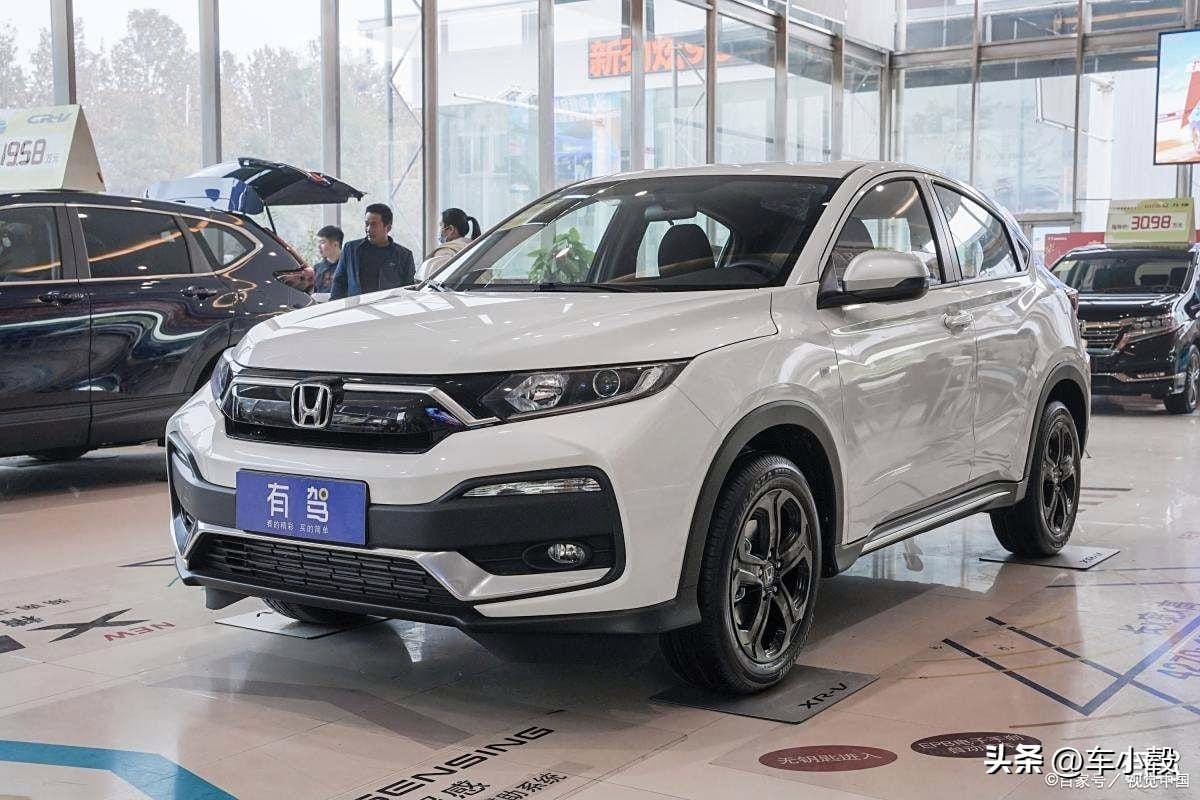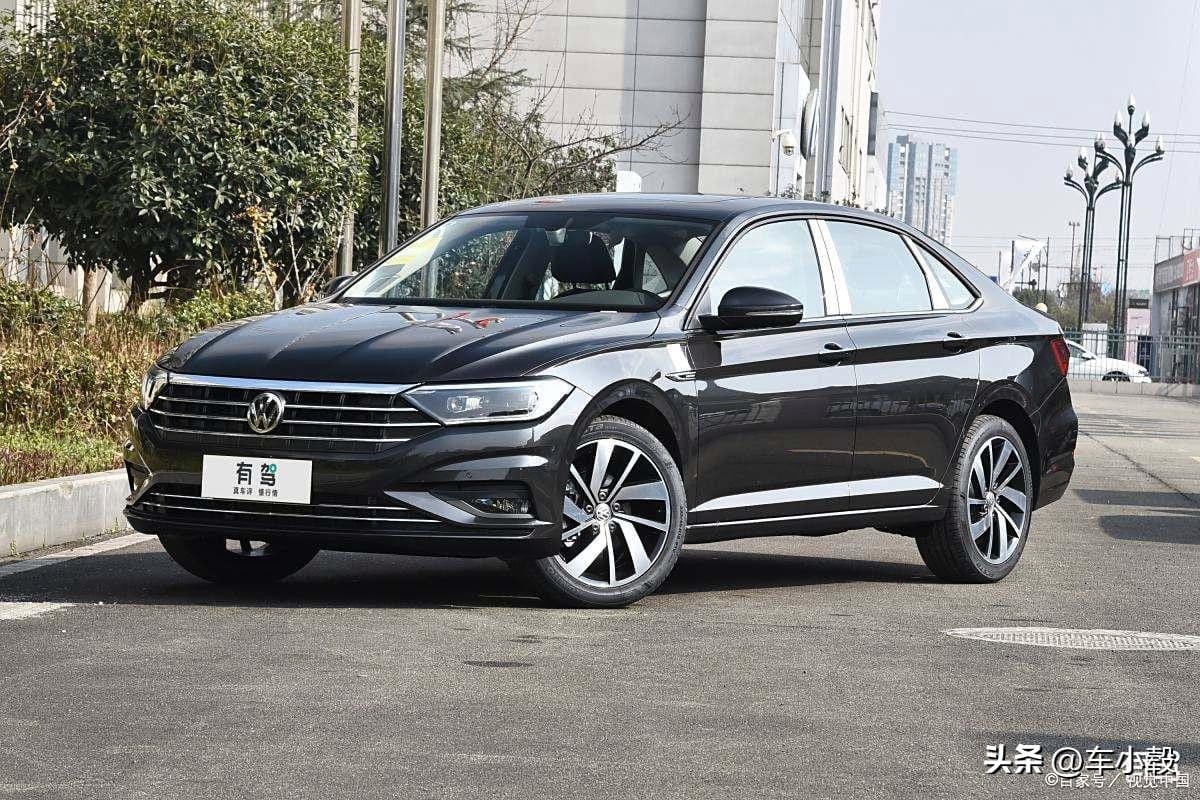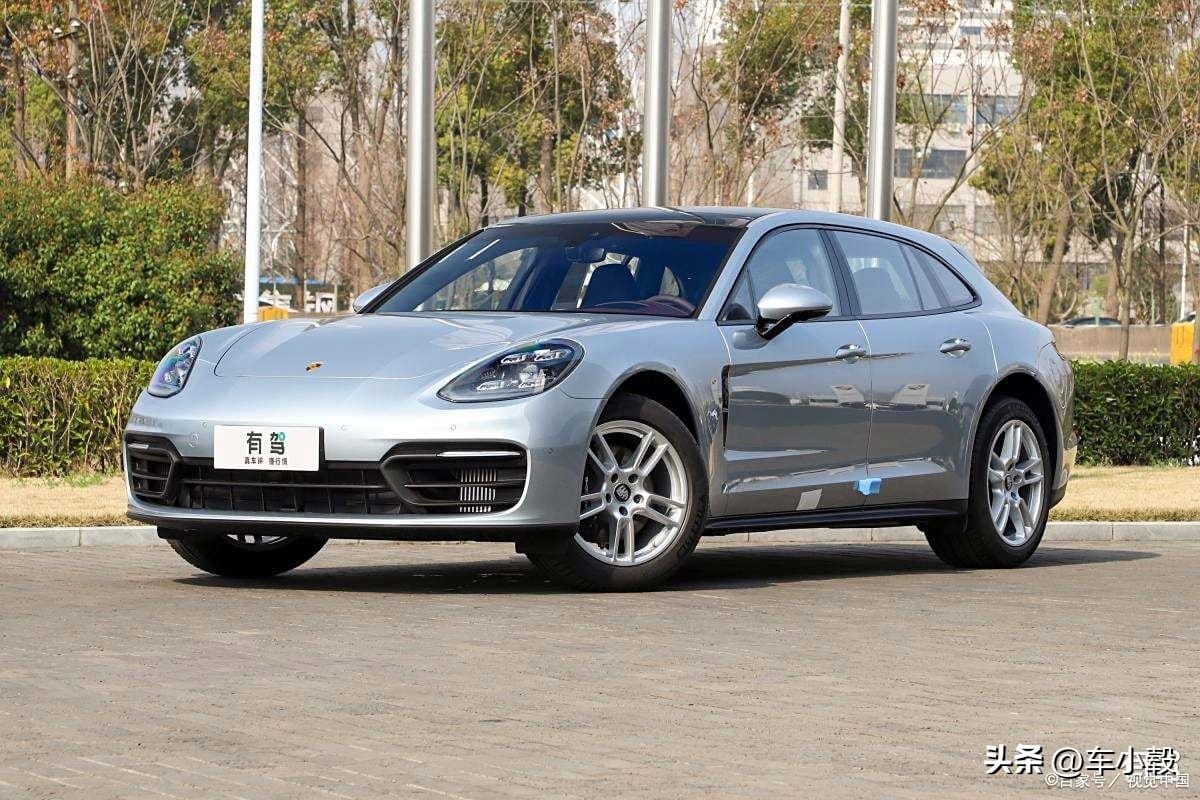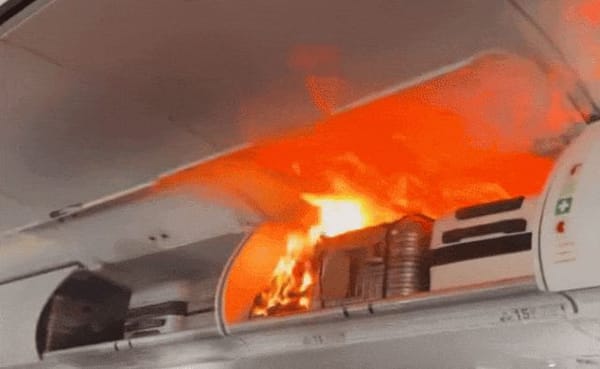Emergency Recall: 580,000 Vehicles Face Safety Risks
More than 580,000 vehicles from major brands are urgently recalled due to critical safety defects. Find out which cars are affected and what steps owners should take.

Understanding the Urgency Behind the Massive Vehicle Recall 🛑
Recently, the automotive industry has been shaken by a massive recall affecting over 580,000 vehicles across several well-known brands. The problems are serious — ranging from cracked fuel pumps to faulty sensors — posing a direct threat to drivers’ safety and environmental standards. If you own one of these cars, time is of the essence to check and act!
Imagine driving down the highway only to have your car’s fuel start leaking due to a crack in the fuel pump 😱. The potential for fire hazards is real and terrifying. This isn’t just about inconvenience — it’s about lives at stake.

Honda’s Recall: Fuel Pump Cracks Affecting Over 380,000 Cars 🔧
Honda, via its Guangqi and Dongfeng joint ventures, leads this recall wave. The culprit? A manufacturing defect causing high-pressure fuel pump parts to crack internally.
Starting from August 31, 2025, the affected models include gasoline and plug-in hybrid versions of the Accord, Integra, Breeze, ZR-V, Inspire, HR-V, Civic, and CR-V produced between early 2022 and September 2024. Combined, this recall impacts approximately 380,000 vehicles.
The stakes? Fuel leakage could cause fires, risking lives and causing environmental pollution through excess emissions. Luckily, Honda is offering free replacements of the improved fuel pumps at authorized dealers — owners should watch for official recall notifications via registered mail 📬.
Volkswagen’s Sensor Woes: Over 200,000 Jetta Models on Alert ⚠️
One of Volkswagen’s key models, the Jetta (known as Sagitar in China), faces its own critical fault. Between September 2018 and August 2019, about 202,000 units were produced with flawed wheel speed sensors. These sensors' casings lack proper moisture resistance, enabling water damage inside the chip.
What does this mean for drivers? The malfunction can disable crucial systems like ABS (anti-lock braking) and ESP (electronic stability), turning emergency braking and vehicle stability systems off when they are most needed! This increases the risk of accidents dramatically.
Volkswagen assures owners that free sensor replacements will be provided by authorized dealers. If you’re unsure whether your vehicle is included, contact Volkswagen’s official hotline or check online recall platforms.

Luxury and Miscellaneous Brands Also Under Recall Spotlight 💼
It’s not just mainstream brands affected. Porsche has recalled over 1,200 Panamera and Taycan models due to faulty shock absorber seals risking air suspension leaks and lost handling stability.
Ford and Kawasaki also announced recalls on dozens of models, though details remain limited. The vague causes only add to owners’ unease — reminding us that vehicle safety is never out of the headlines.
What Should Vehicle Owners Do Right Now? 🏃♂️💨
1. Check your vehicle's recall status immediately. Visit official manufacturer sites or government recall centers using your VIN number.
2. If your car is listed, schedule the free repair as soon as possible. Delaying could be dangerous.
3. Stay informed. Subscribe to your manufacturer’s alerts and government safety agencies’ notifications — recalls tend to come in waves, and new affected models may emerge.

Why Are So Many Vehicles Facing Safety Issues? 🤔
These large-scale recalls highlight the increasing challenges automakers face balancing production speed and quality control. As technology in cars becomes more complex — with hybrid systems and advanced sensors — each tiny flaw can cascade into safety risks.
For consumers, this serves as a powerful reminder to never overlook recall notices. Vehicle safety isn’t just a checkbox; it requires active attention and prompt action.
Final Thoughts: Safety First, Always 🚗💨
The ongoing recalls are definitely alarming, raising critical questions about manufacturing processes and quality assurance. But the good news is that identified faults are being addressed proactively to protect drivers and the environment.
So, if you or someone you know owns any of these affected vehicles, don’t wait — act now to ensure your safety on the road. After all, driving should bring freedom and peace of mind, not worry and risk.




